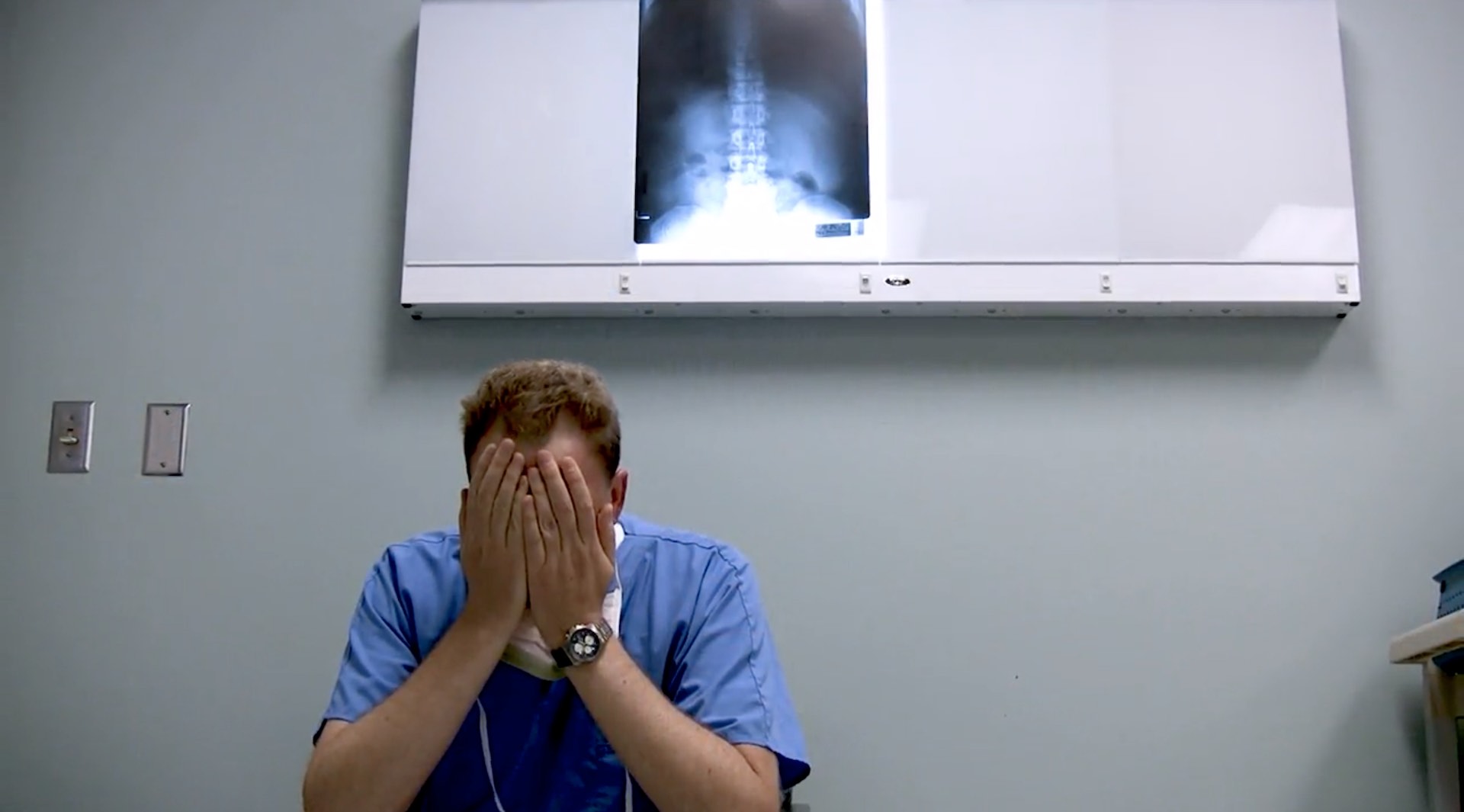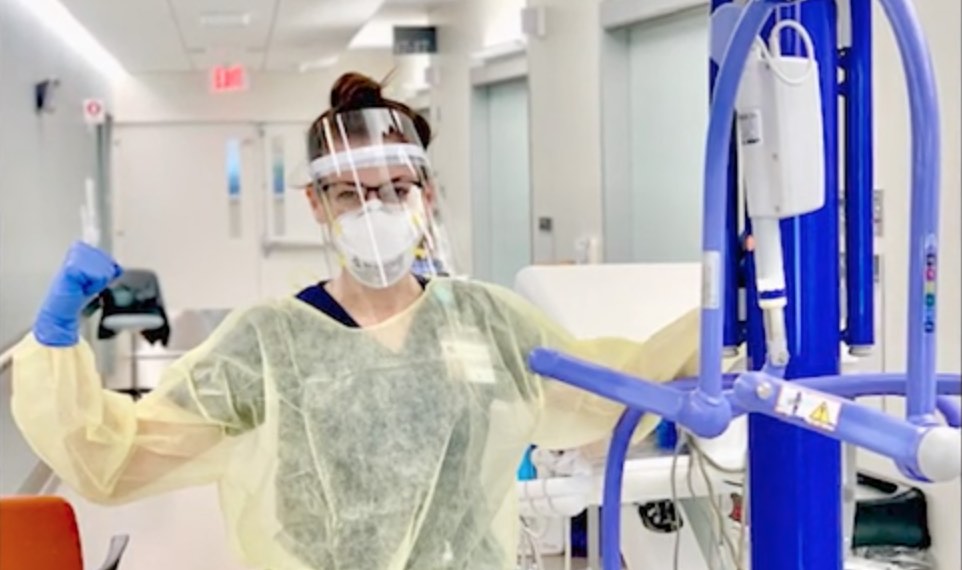Ligation added to drug combo doesn’t cut risk of recurrent variceal bleeding
Reuters Health • The Doctor's Channel Daily Newscast
August 24, 2009 • Critical Care, Emergency Medicine, Gastroenterology, Hospitalist, Internal Medicine, Medical Students, Pharmacists, Reuters Health • The Doctor's Channel Newscast
NEW YORK (Reuters Health) – Adding endoscopic band ligation to treatment with nadolol and isosorbide does not further reduce the risk of recurrent bleeding with esophageal varices, according to a report in the August issue of Gut.
Prior research has shown that the efficacy of band ligation is enhanced when beta-blockers are also given. Whether there is role for band ligation when both beta-blockers and isosorbide are given, however, was unclear.
Dr. J. Bosch, from the Institut de Investigacions Biomediques August Pi i Sunyer in Barcelona, Spain, and colleagues sought to answer this question by assessing recurrent bleeding rates in 158 cirrhotic patients with bleeding varices who were randomized to receive nadolol and isosorbide with or without endoscopic band ligation.
The hepatic venous pressure gradient (HVPG) was measured in all subjects at randomization and after 4 to 6 weeks of treatment. The median follow-up period was 15 months.
The 1-year risk of recurrent bleeding was higher in the drug therapy-only group, but not significantly different from the risk in the ligation group: 33% vs. 26% (p = NS). Likewise, survival rates and the need for rescue shunts were similar in each group.
Adverse events, including those requiring hospital admission, were more common in the ligation group: 61% vs. 32% (p < 0.01), the authors note.
Patients whose HPVG fell by 20% or more, or to 12 mmHg or less, were less likely to experience recurrent bleeding than were patients without this degree of improvement: 11% vs. 27% at 1 year.
In a related editorial, Dr. Michael Schepke, from Helios Clinic, Siegburg, Germany, comments, “As of now, I do not see any standard indication for routinely combining drugs and endoscopic band ligation for rebleeding prophylaxis. If a patient tolerates portal pressure lowering drugs…at adequate dosage and reliably takes his medication, the currently available data do not support any additional treatment.”
Reference:
Gut 2009;58:1045-1046,1144-1150.
Prior research has shown that the efficacy of band ligation is enhanced when beta-blockers are also given. Whether there is role for band ligation when both beta-blockers and isosorbide are given, however, was unclear.
Dr. J. Bosch, from the Institut de Investigacions Biomediques August Pi i Sunyer in Barcelona, Spain, and colleagues sought to answer this question by assessing recurrent bleeding rates in 158 cirrhotic patients with bleeding varices who were randomized to receive nadolol and isosorbide with or without endoscopic band ligation.
The hepatic venous pressure gradient (HVPG) was measured in all subjects at randomization and after 4 to 6 weeks of treatment. The median follow-up period was 15 months.
The 1-year risk of recurrent bleeding was higher in the drug therapy-only group, but not significantly different from the risk in the ligation group: 33% vs. 26% (p = NS). Likewise, survival rates and the need for rescue shunts were similar in each group.
Adverse events, including those requiring hospital admission, were more common in the ligation group: 61% vs. 32% (p < 0.01), the authors note.
Patients whose HPVG fell by 20% or more, or to 12 mmHg or less, were less likely to experience recurrent bleeding than were patients without this degree of improvement: 11% vs. 27% at 1 year.
In a related editorial, Dr. Michael Schepke, from Helios Clinic, Siegburg, Germany, comments, “As of now, I do not see any standard indication for routinely combining drugs and endoscopic band ligation for rebleeding prophylaxis. If a patient tolerates portal pressure lowering drugs…at adequate dosage and reliably takes his medication, the currently available data do not support any additional treatment.”
Reference:
Gut 2009;58:1045-1046,1144-1150.









